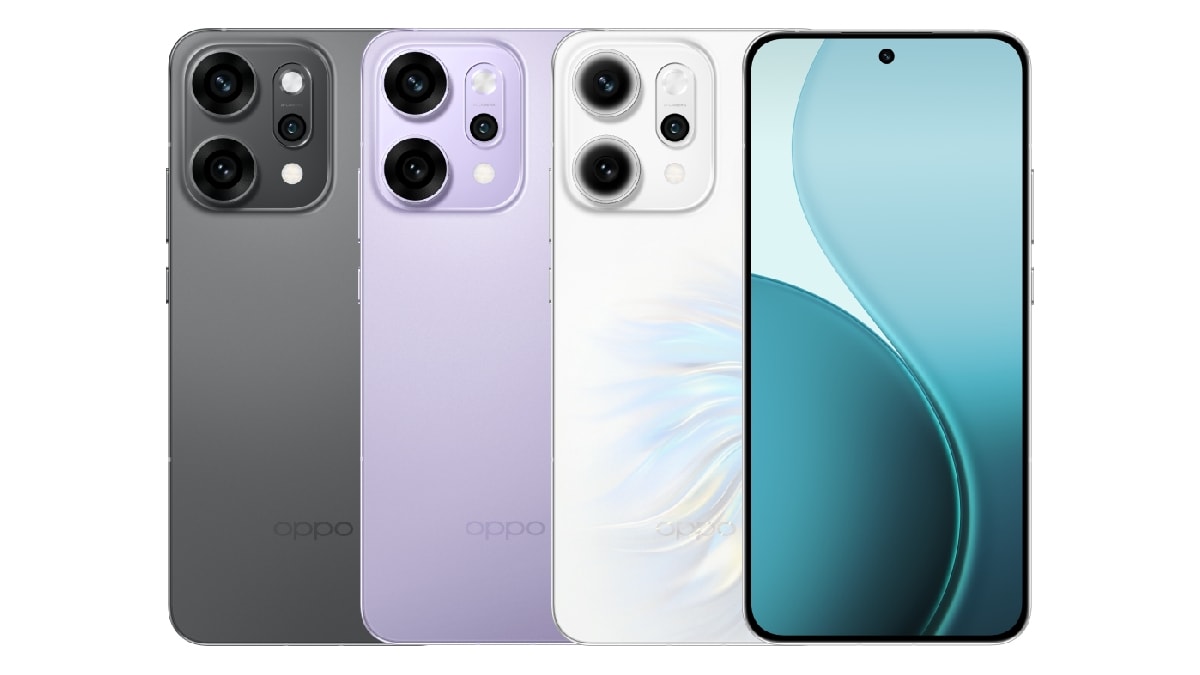Apple is trying to dissuade Europeans from using iOS apps that support alternative payment options by making them look scary. Daring Fireball’s John Gruber spotted that a red exclamation mark icon is being prominently displayed on the App Store listing for Instacar, alongside a message warning users that it doesn’t use Apple’s “private and secure payment system.”
Instacar, a three-year-old Hungarian app for checking the mileage and value of used cars, isn’t available on the US App Store. But in Hungary, in the EU, it’s listed as one of the top five apps in the Business category, with thousands of positive reviews — not a typical service that would warrant heightened caution. The only gripe that Apple seemingly has is that Instacar uses an external payment system, and that App Store payment features like purchase history, Family Sharing, and unified subscription management won’t be available on such purchases.
“When you create an account on a developer’s external website, you may have to provide personal information, including payment information, directly to the developer or third-party partners,” Apple says in a support page linked from its warning message. “You will be trusting the developer, as well as any partners and payment providers they work with, to handle your information based on their privacy and security controls.”
Apple is already facing heat in the EU for its practices around scare tactics. In April, the European Commission issued preliminary findings that Apple “makes it overly burdensome and confusing” for users to install alternative app marketplaces, a process that involves clicking through several scare sheets that ask users to confirm if they want to proceed.
This App Store warning message has also appeared in the wake of the recent Epic vs Apple ruling that bans Apple from restricting how developers can link to alternative purchase systems. A notable requirement implemented to address Apple’s scare tactics was that the company cannot interfere with consumers choosing to leave an app with anything beyond “a neutral message” about being directed to a third-party site, though that injunction doesn’t apply outside of the US.



